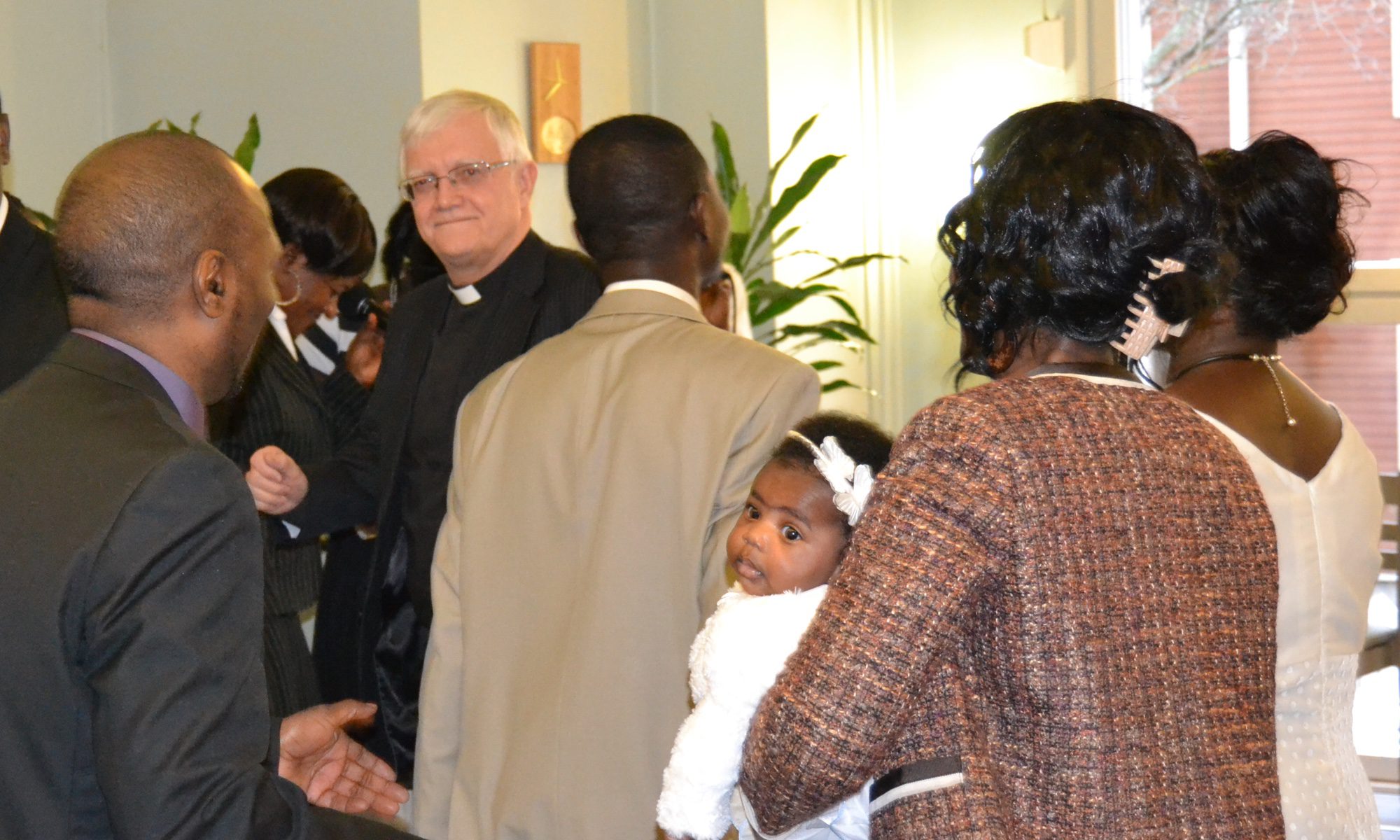Introduction
A shepherd provides leadership to the flock, especially, sheep. This shepherd is a guide and a trusted individual to the flock. S/he is to identify the needs of the flock and support them accordingly. It is important for any country, community, or individuals to have a trusted leadership over them. In the Christian faith, the shepherds are supposed to provide spiritual oversight to the faithful believers. This is the intention of God to his church as presented below.
And I will set up shepherds over them which shall feed them: and they shall fear no more, nor be dismayed, neither shall they be lacking, saith the LORD (Jer 23:4). Jehovah is my Shepherd; I shall not want (Psa 23:1, MKJV).
It is literally understood that a shepherd is the one who takes care of sheep. In many instances, the people of God are called sheep (Num 27:17, 1Ki 22:17, 2Ch 18:16, Mat 9:36, Mar 6:34). Sheep are feeble animals that need daily instruction or guidance and protection from their shepherd. David sees Himself a helpless sheep who requires guidance and protection from a trusted shepherd or the Lord his God. Being a shepherd himself, he finds no best shepherd than Jesus.
David affirms that the Lord, being his shepherd, would provide him all he needs. He does not mean “wants” but “needs”. This is rightly put “Yahweh is my shepherd: I shall lack nothing” (Psa 23:1, WEB) that I need. We shall always be in want since human wants are insatiable. We have a God who provides us with our daily needs; food and drink, security, clothing, and shelter, among others.
According to Jeremiah, like David, a shepherd should be able to feed the flock, protect them from threat and fear and seeks to provide for them.
In the Bible, the use of the word “shepherd” also refers to a pastor or spiritual overseer (Psa 80:1, Ecc 12:11, Isa 40:4, Isa 63:14. Jesus is spoken of as the:
- The Shepherd and Bishop of your souls (1Pt 2:25).
- Good Shepherd (Joh 10:14)
- The One Shepherd (Eze 34:23, Eze 37: 24, Joh 10:16)
- Chief Shepherd (1Pe 5:4)
- Great Shepherd (Heb 13:20)
As believers, the knowledge of the nature of the shepherd we have should remove all fears and uncertainties from us. Jesus, being our spiritual leader, feeds us with Himself and heals us of our wounds and comforts us in painful moments. Our great and chief Shepherd feeds us with green pasture (which is Himself). Jesus, our Senior Pastor, calls us to Himself, pardons us and heals our wounds and gives us comfort, hope, and assurance of a better future.
Conclusion
Jesus, the Bishop of our souls, is very dependable and caring. He provides all our daily needs. He sustains us and carries us on His shoulders when we are weak. He is that Shepherd who died for His sheep and is now alive for them.
Prayer: Lord God, our selfless and Good Shepherd, may you continually guard and guide us through this life, as you exchange your strength for our weaknesses. In the name of Jesus, we pray. Amen!

